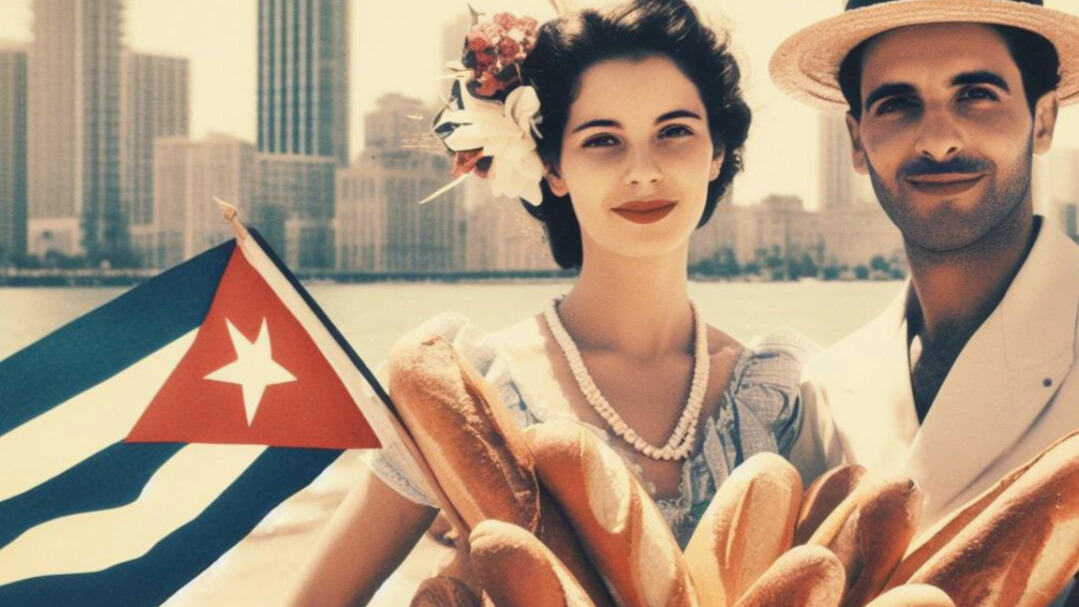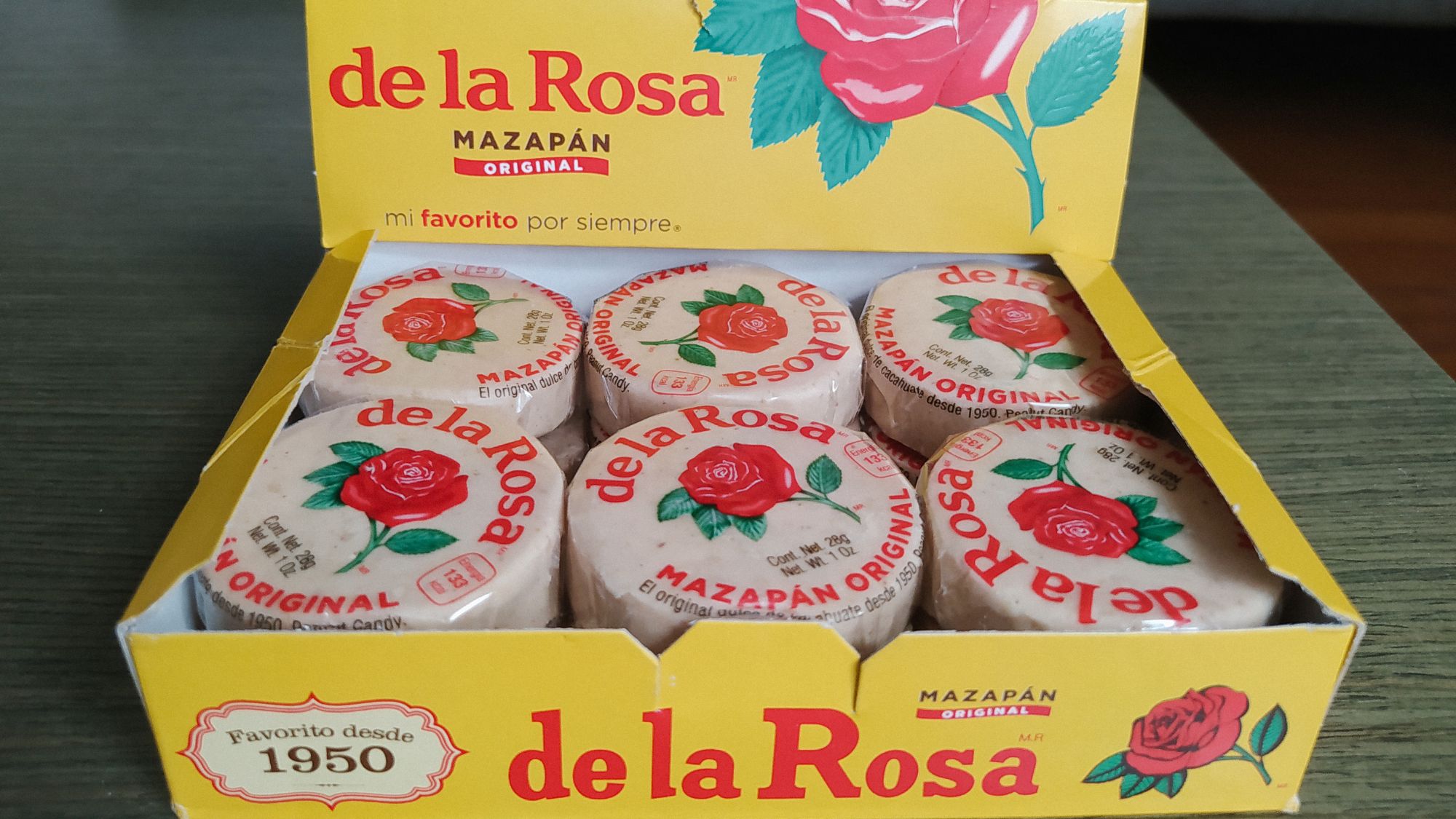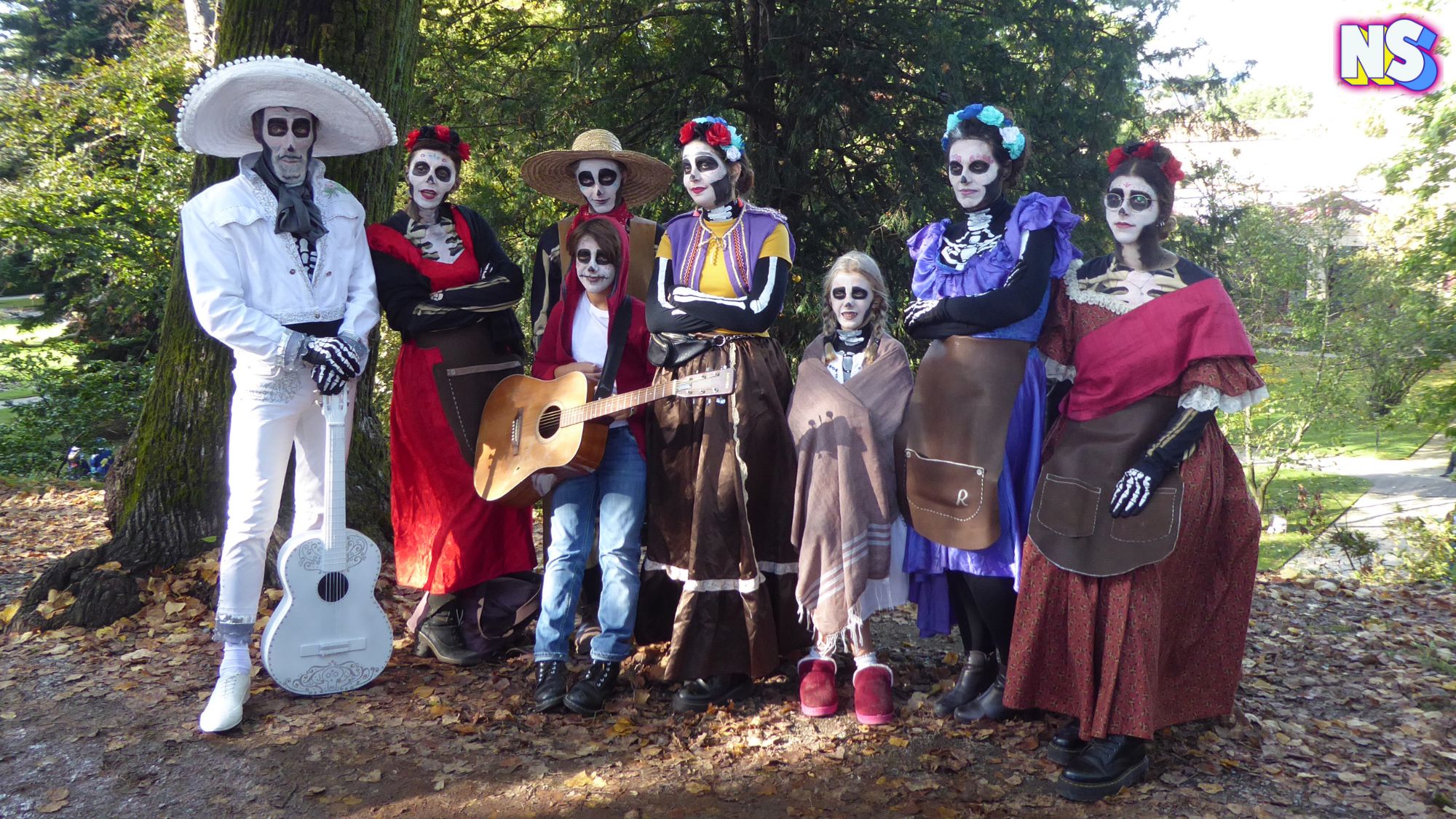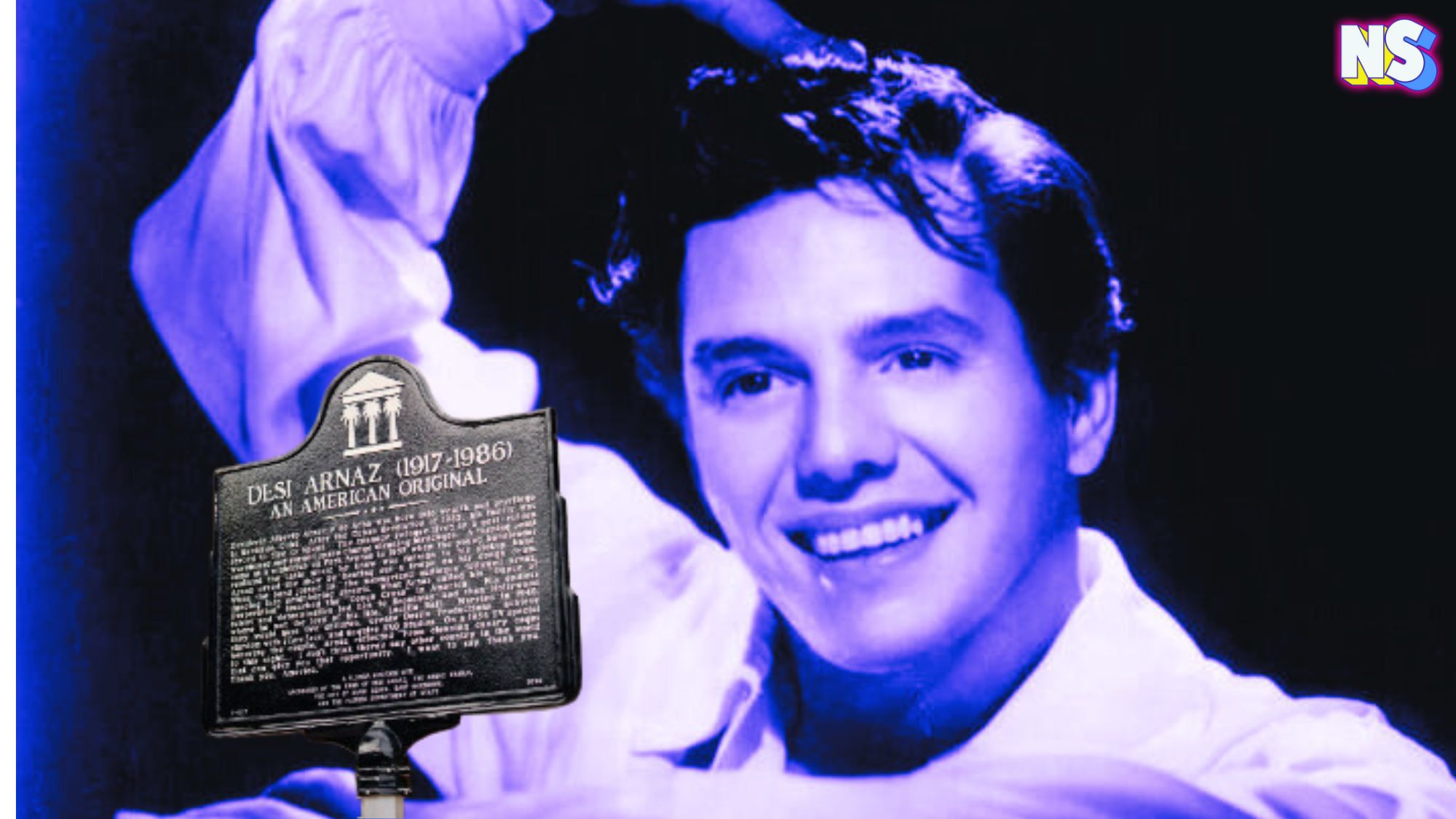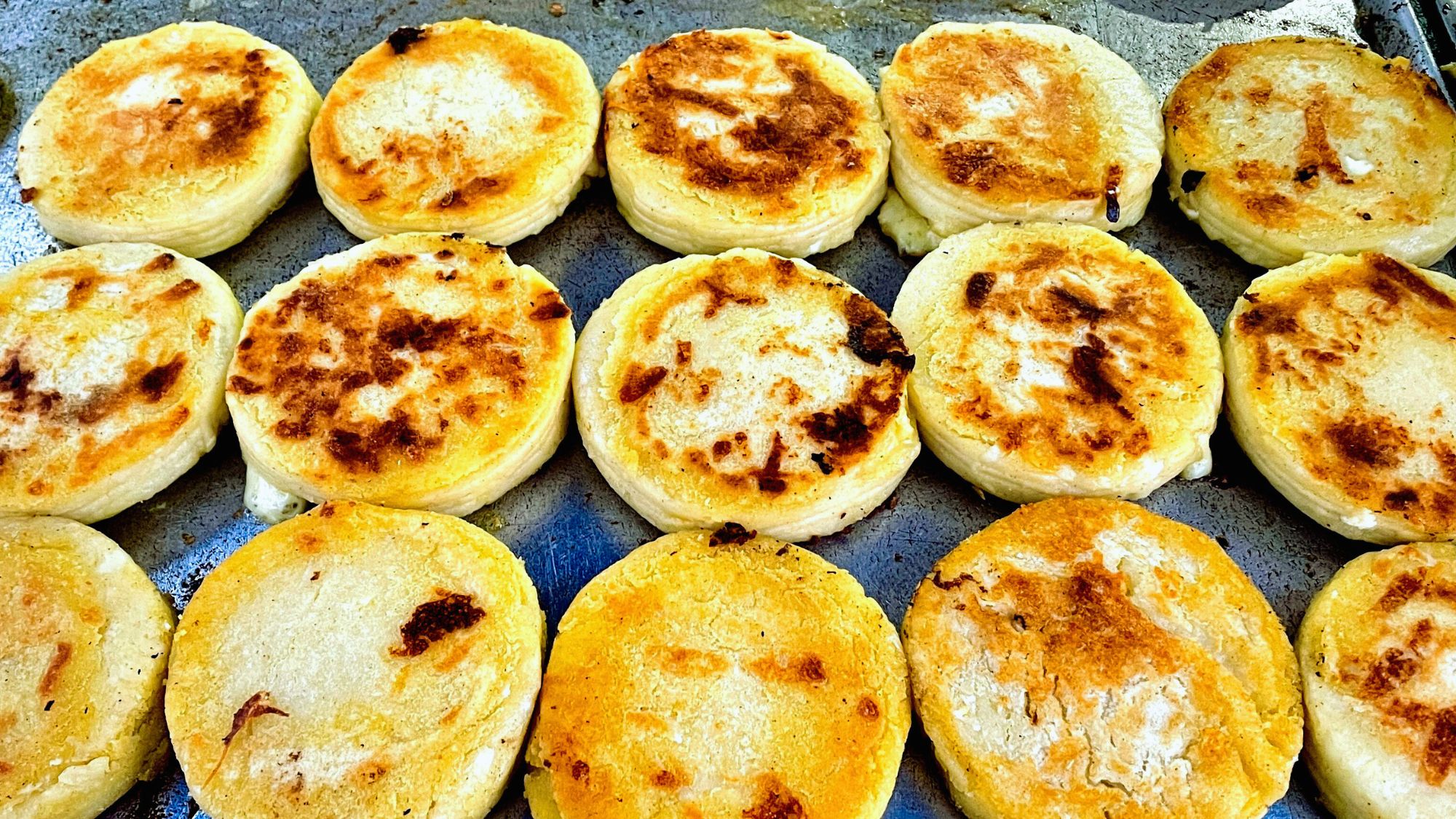Cuban bread.
It’s a fairly simple bread. It’s a white, long, baguette-like loaf, similar to French bread and Italian bread. And its key ingredients are simple too: just flour, water, and a small amount of fat (often lard or vegetable shortening).
But did this bread really come from the Caribbean island? And who created it?
While it’s widely associated with the Cuban diaspora in the United States, its origins are somewhat debated.
So, let’s explore some tasty details about this delicious bread.
The Origins and Legends of Cuban Bread
One of the most popular claims is that Cuban bread was invented in the Ybor City area of Tampa, Florida.
Some say a Sicilian immigrant named Francisco Ferlita first made the bread, like a European loaf, when he opened the first commercial bakery in the U.S. in 1896.
“The 1st bakery in the United States to make Pan Cubano, which most Americans call Cuban Bread was probably Tampa Florida’s La Joven Francesca Bakery,” Bread-Maker.net writes.
Ferlita’s bakery was burned down by fire in 1922, but he rebuilt it and made it bigger, and became a big boss of Cuban bread for Tampa.
Others say, in the early 1900s Juan Moré, a passionate Spaniard from Catalonia created today’s recipe for Cuban bread in Ybor City.
“Enchanted by authentic Cuban bread during the Spanish-American War, he carried the recipe and love for it to Florida,” La Segunda Bakery, explains on its website.
“Moré joined a co-op of fellow bakers and cigar makers to open three bakeries: La Primera, La Segunda and La Tercera in Ybor City. When the other two bakeries folded, Juan purchased La Segunda Central Bakery from his partners, which stands today as one of Ybor’s coveted landmark buildings representing the Cuban-American era,” Segunda bakery’s site explains.
Cuban bread was a way of life in the Tampa area.
“People would put a nail by their door, and when the delivery boys would bring the fresh bread by in the mornings, all they had to do was slam it against the wall to hang it,” an article on Tampa Bay Online explains.
Ferlita’s bakery closed in the 1970s, and was turned into the Ybor City State Museum, where you can still see the old brick ovens where the bread was baked.
As for Segunda, which has been family-run for four generations now, it now sells over 10,000 loaves of Cuban bread every day from its original and new locations.
A Flavorful Journey to Miami
Another claim is that Cuban bread, as we know it today, was first created in Miami, Florida, by Cuban exiles who fled the communist regime of Fidel Castro in the 1950s and 1960s.
Some of the most famous bakeries that served up authentic Pan Cubano in Miami included La Rosa Bakery, which sadly shut its doors in May 2023, after 50 years.
Some people trace the Cuban bread back around 600 years ago, to the Taíno tribe, the original people of Cuba, who made a similar bread with cassava flour and water.
Others say that Cuban bread was influenced by the French and Spanish people in Cuba, who brought wheat flour and lard to the island much later.
“There’s an accepted wisdom around this: when the war for independence laid waste to the island, hungry Cubans stretched the loaf into a yard-long, thin loaf that could be cut into small slices for rationing,” Andy Huse, an associate librarian in special collections at the University of South Florida told the publication Taste.
But, as Huse explained, Cubans didn’t actually make their own bread at home. The iconic Cuban cookbook Cocina al Minuto, even encouraged cooks to buy bread at bakeries.
“I talked to a lot of Cubans who used their ovens for storage,” Huse told Taste. “In Ybor City, Italian immigrants made their own bread. But in Cuba, the idea of firing up your oven to make bread in the tropics was repellent, so Cubans never made their own bread.”
So, who invented Cuban bread as we know it? Tampa, Miami, or Cuba?
The good people at Taste Atlas sum it up: “It is still unclear whether it was first created in Tampa or Miami, but everyone agrees that the best Cuban bread is made in Florida.”

